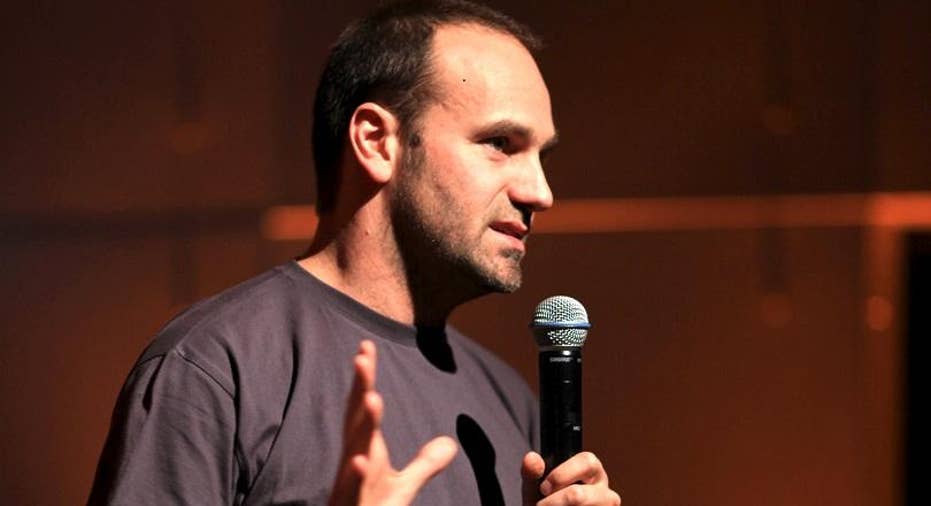Ubuntu Founder Sets the Bar for Successful OpenStack Implementations

The real long-term test of any large-scale, modern infrastructure is an economic one, according to Ubuntu creator Mark Shuttleworth.
Shuttleworth, who serves as an advisor to Canonical, the open-source software company that delivers Ubuntu, said today at OpenStack East 2016 that the biggest driver of economics in the cloud will be operations, particularly how many processes a team can operate using OpenStack.
"This will determine success over the next five or 10 years," Shuttleworth said.
Shuttleworth delivered a brief OpenStack demonstration designed to illustrate a simplified, model-driven approach to operations between multiple integrated applications. "There is more information about integration in the system than there is about raw apps," he explained. "As a system grows more complex, your ability to model integration becomes more profound. In a model-driven world, you don't want to do anything manually. Anything that can be modeled you want to model."
Because of OpenStack, high-level, open-flow operations are possible, Shuttleworth said. This architecture is built to allow users to distill multiple actions into one action. Large companies that run multiple Infrastructure-as-a-Service (IaaS) clouds in multiple environments can gain a birds-eye view of the underlying architecture that ties everything together.
Who Is Mark Shuttleworth?To the tech world, Shuttleworth is best known for his work on open-source technology, but to the rest of the world, the South African-born renaissance man is probably better known as the first African to fly into space. He did this in 2002, with his own funding, after studying for seven months at the Yuri A Gagarin State Scientific Research and Testing Cosmonaut Training Center in Russia.
Shuttleworth was able to afford that historic flight thanks to the money he made as the founder of Thawte, a consulting firm that built an e-commerce Web server that was the first to ever be fully encrypted. He sold the company to Verisign in 1995 for $565 million.
In 2000, he formed HBD (Here be Dragons) Venture Capital, a start-up incubator, and in 2004, he founded Canonical. Shuttleworth hinted last year that Canonical was looking into an initial public offering (IPO), but he later backtracked and said he would wait to see how the technological landscape shifted over the next few years before considering an IPO.
Today, Canonical employs 750 people in 42 countries around the world. Its day-to-day operations are managed by CEO Jane Silber.
This article originally appeared on PCMag.com.



















